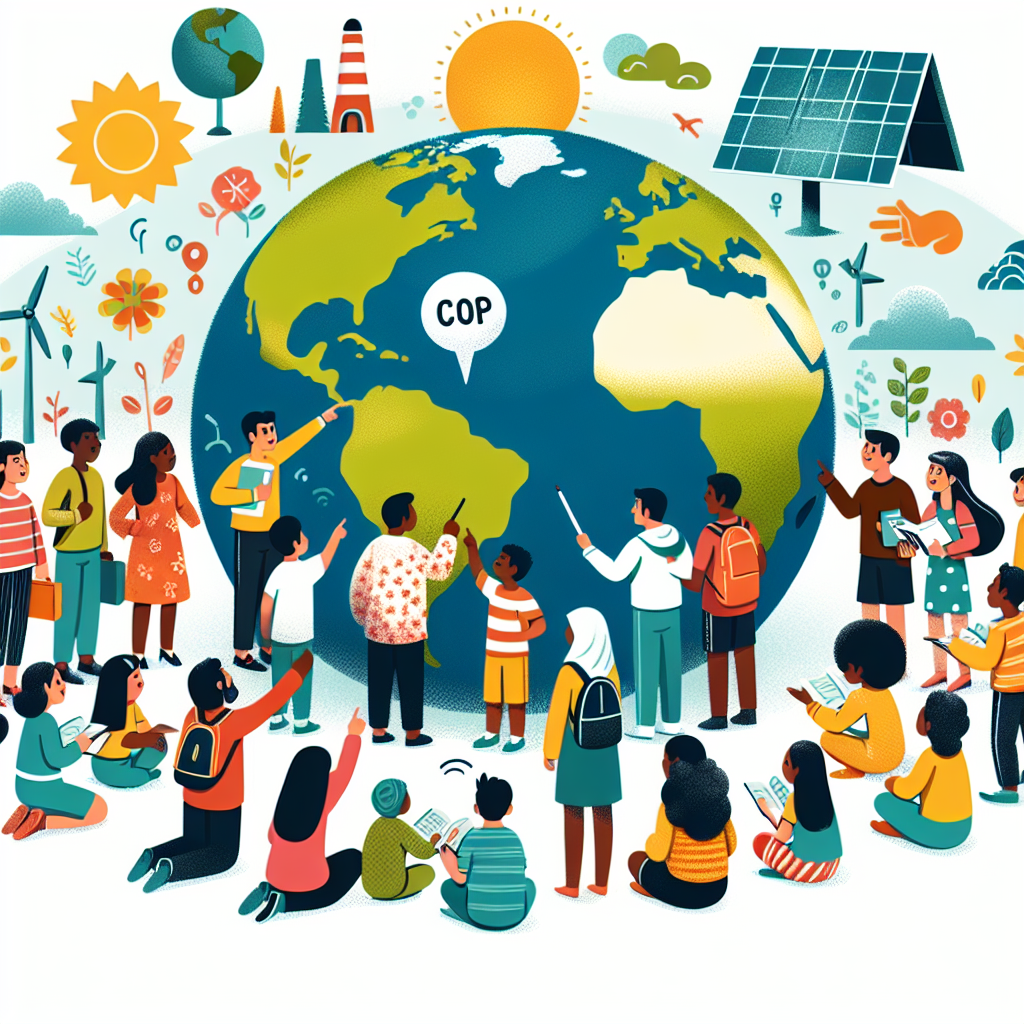As the final gavel came down at 5.30am on Sunday morning, the COP29 UN climate change conference in Baku closed with many unsettled grievances and some ruffled feathers.From the controversial new climate finance goal, to the adoption of rules for a global carbon market and stalled efforts on cutting planet-heating emissions, the summit’s outcomes were contested and widely seen as inadequate to tackle the urgency of the climate crisis.
The finance deal was hailed as “the start of a new era on climate finance” by the EU’s climate commissioner, but condemned as a “joke” by Nigeria – and India rejected it fiercely as being “too little, too late”.
Climate Home News unpacks COP29’s successes and failures, most of which require further work next year on the path to COP30 in Brazil.
New climate finance goal
Tagged the “Finance COP”, all eyes in Baku were on negotiations towards a new collective quantified goal (NCQG) for climate finance to kick in from 2026. The final deal for wealthy governments to channel at least $300 billion a year by 2035 to developing countries replaced the previous $100-billion annual target set in 2009 for the 2020-2025 period.
From the very beginning, developed countries were strategically silent, as they avoided revealing the amount of finance – or “quantum” – they would be prepared to offer for the new target. Developing-country asks ranged from $440 billion, $600 billion and $900 billion of government finance per year. They proposed an overall target of $1.3 trillion which would include private finance mobilised by governments, but not market-rate loans, export credits or private investment in general.
As negotiations moved into the second week and towards the final days, developing countries became impatient with the lack of clarity. As whispers of a number ranging from $200bn-$300bn spread through the conference, Bolivian negotiator Diego Pacheco labelled the $200bn figure “a joke” during a press conference in the sidelines of COP29.
Reaching an agreement at #COP29 was essential to keep the 1.5°C global warming limit alive.
I had hoped for a more ambitious outcome – on both finance & mitigation – to meet the scale of the great challenge we face, but the agreement reached provides a base on which to build.…
— António Guterres (@antonioguterres) November 23, 2024
On Friday, the last official day of the conference, a number was finally put on the table by the COP29 presidency, suggesting $250bn a year – to the disappointment of developing countries. The African Group’s lead negotiator Ali Mohamed said this was “totally unacceptable”.
The talks took a further dramatic turn on Saturday when governments received a draft text containing a slightly higher offer of $300bn a year for the core government-led finance goal. This and other issues infuriated the Least Developed Countries (LDCs) and Small Island Developing States (SIDS), who stormed out of the negotiations in pro

